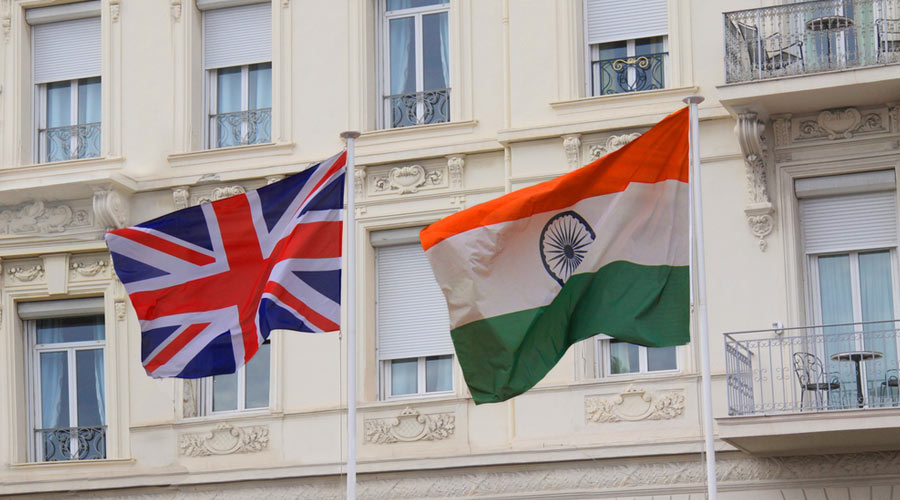More Indians than ever before are making the dangerous crossing across the English Channel in small boats to enter the United Kingdom illegally, according to the British government.
Indians have suddenly become the second largest nationality who’ve been detected attempting to cross the Channel which is one of the world’s busiest seaways with frequently rough weather that makes the journey all the riskier.
Britain’s home ministry figures show that 675 Indians made the perilous crossing in the first three months of 2023. That was 18 per cent of the total number of people intercepted attempting to enter the country via this route.
British officials have said they’re taken aback by the sudden rise in the number of Indians looking to take their chances in small boats. In 2022, only 683 Indians were estimated to have made the small-boat crossing. Until last year, Indians mostly entered Britain legally and then overstayed their visas.
This year, Indians have come in just behind Afghans, who form 24 per cent of the people making the perilous sea journey from the European mainland. The number of Afghans fleeing their war-riven country has climbed steeply ever since the Taliban returned to power in August 2021.
Iranians third largest group
People smugglers are reported to help migrants cross the Channel in small boats for about 3,500 pounds per head.
Iranians form the third-largest group of small-boat migrants. Most would-be illegal migrants who pay people-smugglers to get them into the UK are from strife-torn nations or ones with religious divergences like Iran. Other nationals who try to enter Britain in small boats include Iraqis, Syrians, Eritreans and people from Sudan where a bloody civil war has broken out.
The small-boat migrants have become a hot-button political issue in Britain and Prime Minister Rishi Sunak and Suella Braverman, the country’s home minister, have vowed to crack down on such migrants. “Make no mistake, if you come here illegally, you will not be able to stay,” Sunak has warned.
No legal recourse
Braverman’s tough bill to deport illegal migrants promptly and allow them virtually no legal recourse passed the House of Commons on Tuesday. The new bill would prevent illegal migrants from claiming asylum in the first place. It was pushed through despite opposition from senior ruling party leaders like former prime minister Theresa May and former party leader Ian Duncan Smith.
Under the legislation, which is expected to get a much rougher ride in the House of Lords from critics, migrants could be quickly deported to “safe third countries” or also to Rwanda. The African country has agreed to accept migrants deported from Britain for a financial payment. The migrants would be banned from returning to the UK. Right now, migrants are allowed to claim asylum when they have crossed the border and are permitted to remain while their case is being heard.
Generally illegal Indian migrants have been comprised of unskilled and and semi-skilled youths from states like Punjab and Haryana looking for better wages. The Times newspaper reported, however, that the UK government said it had been informed by the Indian government that the sudden rise in people from this country attempting to enter illegally was because of a crackdown on separatist activity in Punjab. There has been no public comment from the Indian government and the British Home Office said it had no evidence to prove if this was indeed correct.
Eastern Europe entry points
Other explanations for the sudden rise in the number of Indians crossing the Channel is that they have discovered entry points in some Eastern Europe countries where it’s easier to get valid visas. From there they make a long and arduous journey, crossing several European borders to reach the French coast. At its shortest point, it’s 22 miles across the English Channel from France.
Several Indians were also nabbed this week during a crackdown on motorcycle delivery riders.
Albanians formed the largest group of people attempting to enter Britain but government officials say they come only for low-paid crop picking jobs during a certain time of year.











